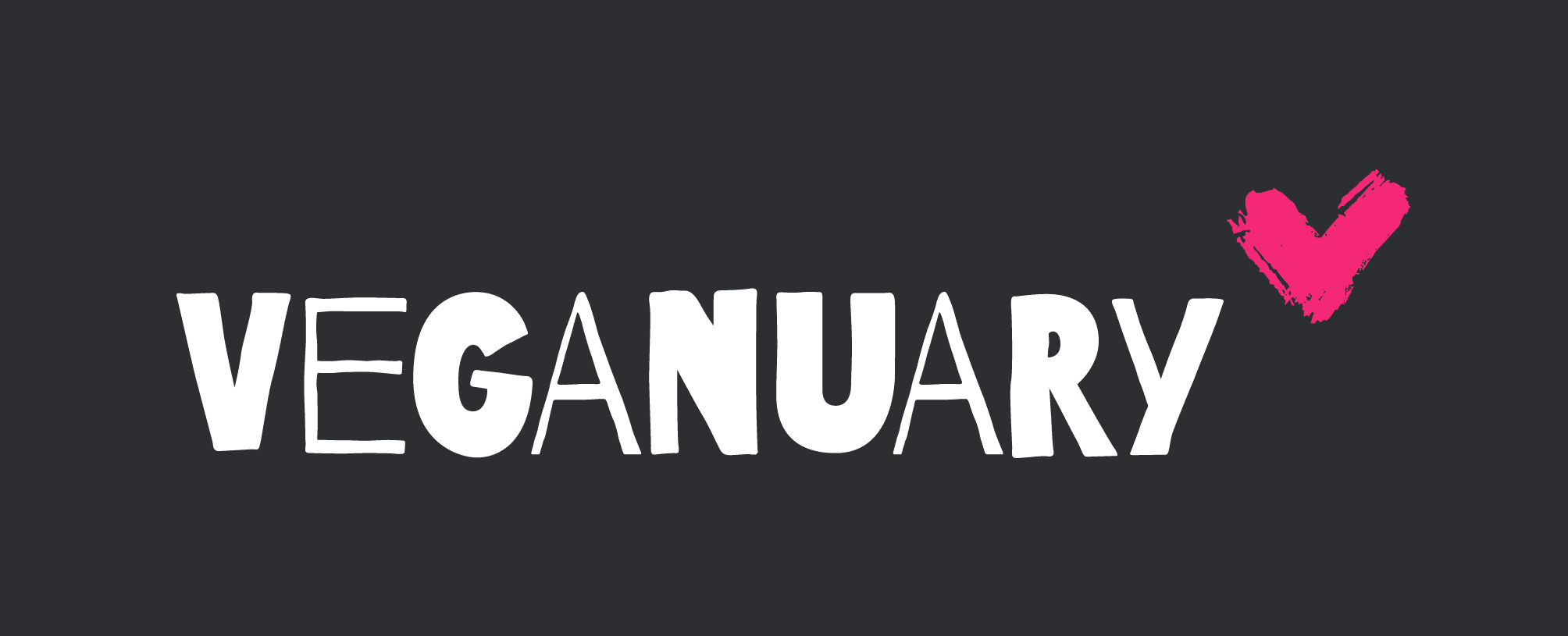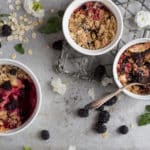
Veganuary
The number of vegans in Great Britain has quadrupled between 2014 and 2019, with vegans making up 1.16% of the population. Since 2014, Veganuary has inspired more than 500,000 to go vegan throughout January.
The drive towards a more plant-based diet is fuelled by a combination of health, environmental, economic, religious and ethical reasons.
What is a vegan diet?
- Fruit, vegetables, pulses, grains, legumes, nuts and meat substitutes contribute to a vegan diet
- No meat, fish or dairy products
- No honey or eggs or any other animal products
What are the potential health benefits of a vegan diet?
Ongoing research has suggested that health benefits include:
- Lower risk of cardiovascular disease
- Lower risk of type 2 diabetes
- Reduced risk of high blood pressure
- Decreased risk of stroke
It has also been found that people who eat a vegan diet tend to have a lower body mass index (BMI), and therefore lower rates of obesity, heart disease and type 2 diabetes.
Research also suggests that someone who eats a vegan diet finds it easier to reach their 5-A-Day target of fruit and vegetables. This means that they are consuming plenty of vitamins and minerals throughout the day, all of which are vital for good health.
It is also worth noting that a vegan diet is often suggested to be a healthier way to eat. But just as there is with a meat-eaters diet, there is plenty of processed foods available. Refined sugar, white flour and vegetable fats can all be considered vegan, but should not make up the majority of your diet.
However, there are a number of nutritional considerations to take into account when switching to a vegan diet. Below are vegan alternatives to ensure you consume a healthy and balanced diet with no nutritional deficiencies.
- Vitamin B12 – Non-dairy milks, some breakfast cereals and soya yoghurt. You can also consume vitamin B12 through a supplement.
- Iron – Dark green leafy vegetables, seeds, pulses, wholegrains, nuts and dried fruit.
- Protein – Beans, lentils, chickpeas, seeds, nuts and nut butters.
- Omega-3 fatty acids – Walnuts, linseed, chia seeds and soya beans. You can also use hemp, flax or rapeseed oil to cook with.
- Calcium – Kidney beans, sesame seeds, tofu, tahini, almonds, figs, dairy free milk alternatives and leafy green vegetables.
- Vitamin D – Sun-exposed mushrooms, plant-based dairy free alternatives, vegetable spreads and fortified cereal.
- Zinc – Beans, nuts, seeds, wholegrains, tempeh and miso.
- Selenium – Grains, seeds and nuts.


